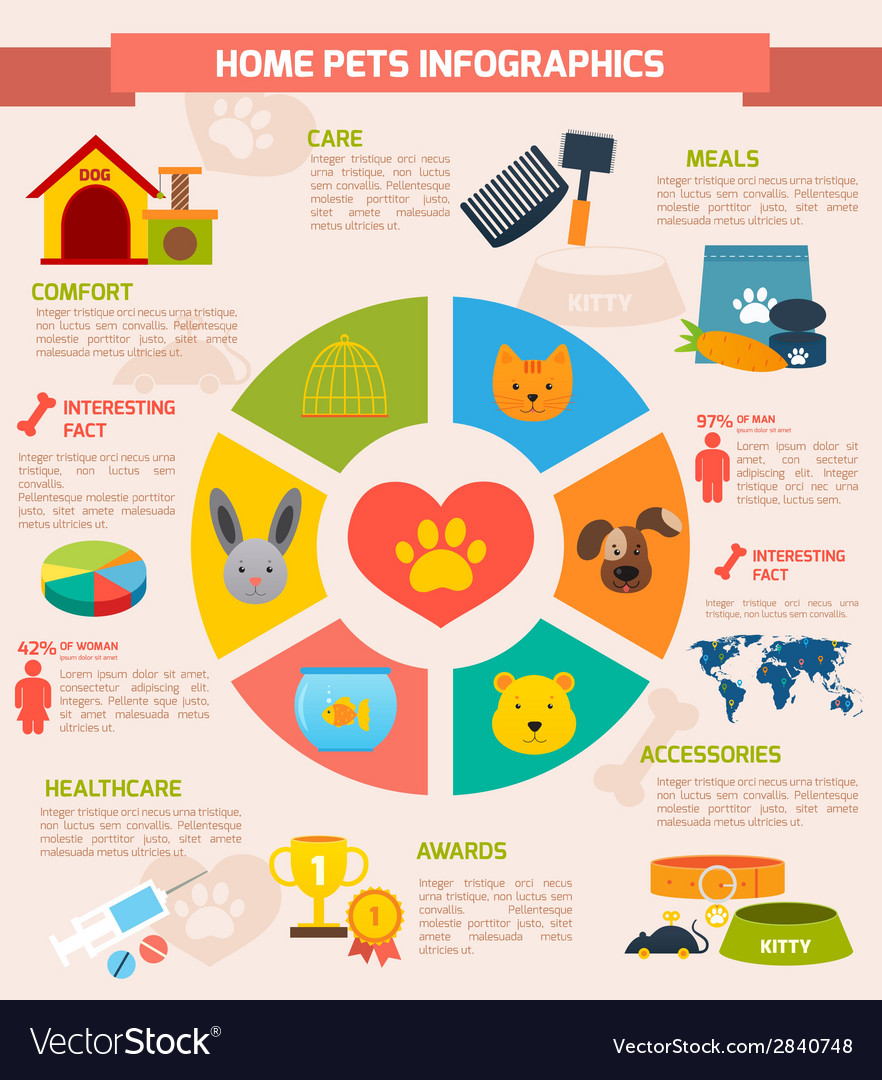Dog Daycare Vs In Home Care
Dog Daycare Vs In Home Care
Blog Article
Can Pet Daycare Reason Ailment?
Possibilities are that if your dog is consistently revealed to other pets, even if they're appropriately vaccinated, they might get home with some kind of health problem. Vaccinations, normal veterinary check-ups, and great health methods can minimize danger factors for infection and illness.
Worried or nervous pet dogs can establish intestinal issues and various other wellness problems that are quickly spread out in between pet dogs. Developing age limitations and behavior policies can assist make sure that just healthy canines enter your facility.
Distemper
Canine distemper is a major and typically fatal virus that attacks a dog's respiratory, digestive, skin and immune systems. Pups are specifically prone and can acquire the illness with direct contact with an infected animal or through the air-borne transmission of infection bits discharged throughout coughing, sneezing or taking a breath.
The incubation period for canine distemper is between 3 and 7 days. While puppies at day care might appear to catch parvo from one more infected dog, it's unlikely given that the incubation duration is so brief.
While there is no remedy for canine distemper, helpful care can help dogs recoup. This consists of liquids, prescription antibiotics and medicines to manage seizures. The Drake Center for Veterinary Treatment notes that signs and symptoms consist of drippy eyes and nose, diarrhea, vomiting, anorexia nervosa and neurological issues such as twitching and tremblings. Puppies need a complete inoculation series and yearly boosters to shield them versus this illness, which is why trusted doggie childcare facilities need up-to-date inoculations.
Kennel Coughing
Kennel Cough (Pooch Contagious Tracheobronchitis) is a highly transmittable top breathing condition brought on by bacteria and infections. It spreads through air-borne droplets from a coughing or sneeze, straight get in touch with, and sharing of contaminated things such as toys or water bowls. It is endemic in position where numerous dogs are housed close together, such as kennels, pet parks, brushing salons and programs. A number of vaccines are available to secure against the virus that trigger kennel cough, and correct health practices can aid avoid infection.
The classic signs and symptom is a dry, hacking coughing comparable to that of a goose honk, and most pets recuperate with little treatment. Nevertheless, severe instances can result in pneumonia, and puppies or pet dogs with pre-existing disease go to higher threat for issues. To speed up healing, use a harness as opposed to a collar while your canine is recouping to prevent irritation to the windpipe. A humidifier might also assist to moisten the air and protect against dry coughing.
Parvovirus
Parvovirus (CPV) is a significant disease in pets. It is similar to feline panleukopenia (feline distemper), yet it's a lot more deadly and can spread out quickly amongst dogs as a result of its extremely resistant nature.
This virus strikes the digestive tract cellular lining of a dog, damaging it and causing microorganisms to slough off right into the bloodstream. The damaged body immune system and overwhelming microorganisms result in septic shock, which is generally fatal.
Luckily, veterinary healthcare facilities supply efficient therapy for parvovirus. These medicines are offered directly right into a patient's bloodstream and targeted in the direction of the particular pressure of parvovirus. This treatment technique is highly efficient and aids retrain the body immune system to fight off the infection. Canines with extreme symptoms are typically hospitalized for several days for tracking and extensive like ensure their survival. Young puppies, unvaccinated dogs and canines with weak body immune systems are particularly vulnerable to parvovirus. This is particularly real for puppies born to roaming mothers and shelter settings, where they are exposed to numerous various other sick and prone pets.
Canine Influenza
Pooch influenza (CIV) is an infectious respiratory system condition that can be caused by canines sharing infected surfaces or direct contact with breathing secretions. CIV spreads conveniently in settings where there are high numbers of canines, such as pet parks, childcares, grooming centers and veterinary clinics.
Infected dogs shed the infection via aerosol breathing droplets when long term dog boarding near me coughing or sneezing, and may contaminate things they enter into contact with like cages, toys, food bowls, leashes and the hands and clothing of people that manage them. Pet dogs can likewise be "quiet service providers" spreading out the virus without showing any type of signs themselves.
Signs and symptoms of canine flu consist of nasal and eye discharge, cough, fever, loss of appetite, and weak point. The infection can proceed to pneumonia, which can be deadly in some dogs. PCR viral testing is offered for verification of infection. Preferably, examples (generally deep nasal or pharyngeal swabs) for PCR screening should be collected within four days of the beginning of scientific indicators.